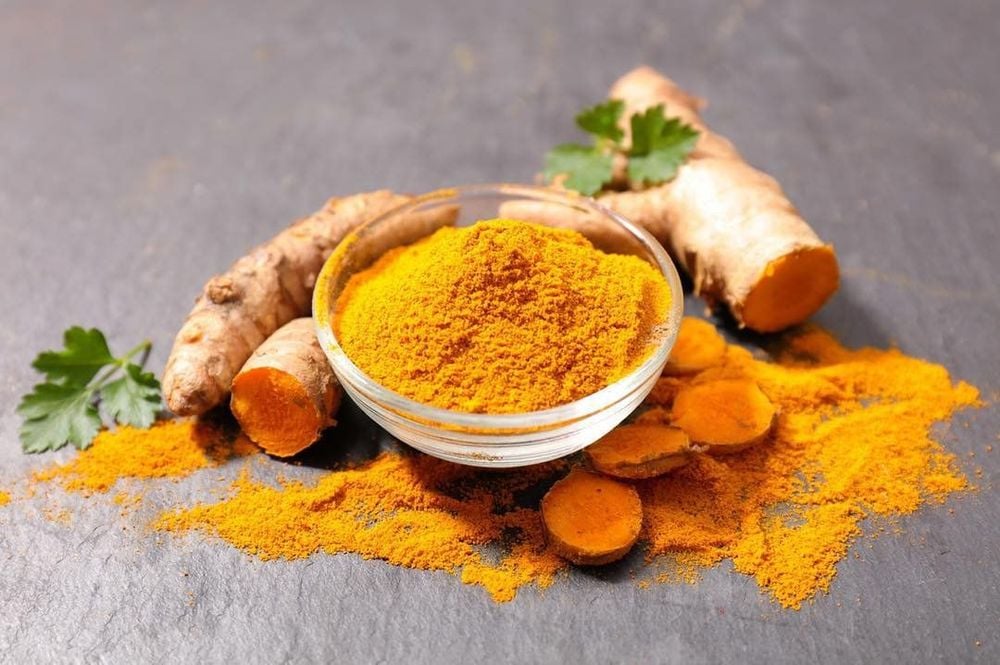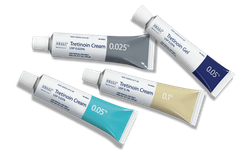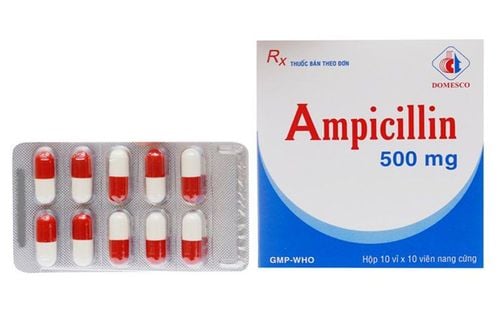Boils are red, pus-filled bumps that form under the skin, and the surrounding skin may also be red and painful. Boils are often painful and grow larger until the pus drains or is absorbed by the body. If drainage is deemed necessary, your doctor will make a small incision in the boil, use sterile gauze to absorb and remove the pus in a sterile environment. You can also apply home remedies for boils according to the following article.
1. Causes and risk factors for boils
Boils commonly appear on the face, neck, armpits, and buttocks. Before discussing treatment options, it is important to understand the causes of boils. The most prevalent cause is the golden staph or Staphylococcus aureus bacteria, which can penetrate the skin and inflame hair follicles, resulting in boils. Other factors that can lead to the development of boils include ingrown hairs and clogged sebaceous glands. Additionally, several factors can increase the risk of developing boils:
- Poor personal hygiene
- Skin wounds or cuts that are not properly cared for, particularly from shaving
- Conditions such as acne or eczema
- Immune disorders that make the body more vulnerable to bacterial infections
- Close contact with someone who has boils, such as sharing razors or towels

2. How to treat boils at home
2.1. Apply hot compresses
Using heat can help increase local blood circulation, which allows more white blood cells and antibodies to reach the affected area to combat infection. Applying a warm compress is one of the most effective home remedies for treating boils. You should apply a warm compress to the affected area for 15 to 20 minutes at a time, three to four times a day, until the boil is gone.
2.2. Use tea tree essential oil to treat boils at home
Tea tree essential oil possesses powerful antibacterial and antiseptic properties, making it effective for treating bacterial infections that cause boils. However, do not apply tea tree oil directly to the skin, as it can cause irritation or burning. Instead, dilute five drops of tea tree essential oil with one teaspoon of coconut oil or olive oil to create a safe solution for treating boils at home.
2.3. Using turmeric powder to treat boils at home
Turmeric powder possesses antibacterial and anti-inflammatory properties that can help boils heal quickly. It is one of the most convenient and effective remedies for treating boils at home. You can use turmeric powder orally, topically or both to treat boils at home:
- Add a teaspoon of turmeric powder to water or milk, boil the mixture, allow it to cool, and then drink it three times a day.
- Mix turmeric powder with water, or you can add a bit of ginger to create a paste. Apply this mixture directly to the boil at least twice a day.

2.4. Using Epsom Salt (Magnesium Sulfate) to treat boils at home
Epsom salt has several health benefits, including its ability to help treat boils at home. It can aid in drying up pus and may promote drainage of boils.
To use Epsom salt, mix it with warm water to create a solution. Soak a clean gauze pad in this solution and then apply it to the affected area for 15-20 minutes at a time. Repeat this process at least three times a day until the boil is gone.
2.5. Using antibiotic ointment to treat boils at home
You can consult with a pharmacist for recommendations on antibiotic ointments suitable for treating boils at home. One commonly recommended antibiotic ointment is Neosporin. Apply the antibiotic ointment to the affected area at least twice a day until the boil resolves. This can help both heal the area and prevent the infection from spreading.
2.6. Using Castor oil to treat boils at home
Castor oil contains a compound called ricinoleic acid, which acts as a natural anti-inflammatory agent and has powerful antibacterial properties. This makes castor oil an effective home remedy for treating boils.
To use it, apply a small amount of castor oil directly to the affected area at least three times a day until the symptoms subside.
2.7. Using Neem Oil (Sau Dau oil) to treat boils at home
Neem oil possesses antiseptic and antibacterial properties that can help treat skin infections, including boils. Applying neem oil directly to the boils three to four times a day is a remedy used to treat boils at home. Be sure to wash your hands thoroughly before and after applying the oil.

3. When should I see a Doctor?
Home remedies for boils can be effective for small issues, but there are situations when you need to see a doctor. You should seek medical intervention if:
- Boils do not improve or worsen significantly after a week of home treatment (Signs of worsening include severe pain, rapid growth in size, or if the surrounding skin turns bright red or shows long red streaks).
- You experience recurring boils or notice more boils appearing all over your body.
- You have boils and also have diabetes or any immunodeficiency, as these conditions require professional intervention.
Home remedies for boils can be very effective for small boils, we should apply them properly to get the best results. If your symptoms do not improve after 5 to 7 days or if the boils worsen, it's time to consult a doctor. They can diagnose the issue by culturing the pus to identify the bacteria and may prescribe antibiotics to treat the infection effectively.
Please dial HOTLINE for more information or register for an appointment HERE. Download MyVinmec app to make appointments faster and to manage your bookings easily.













